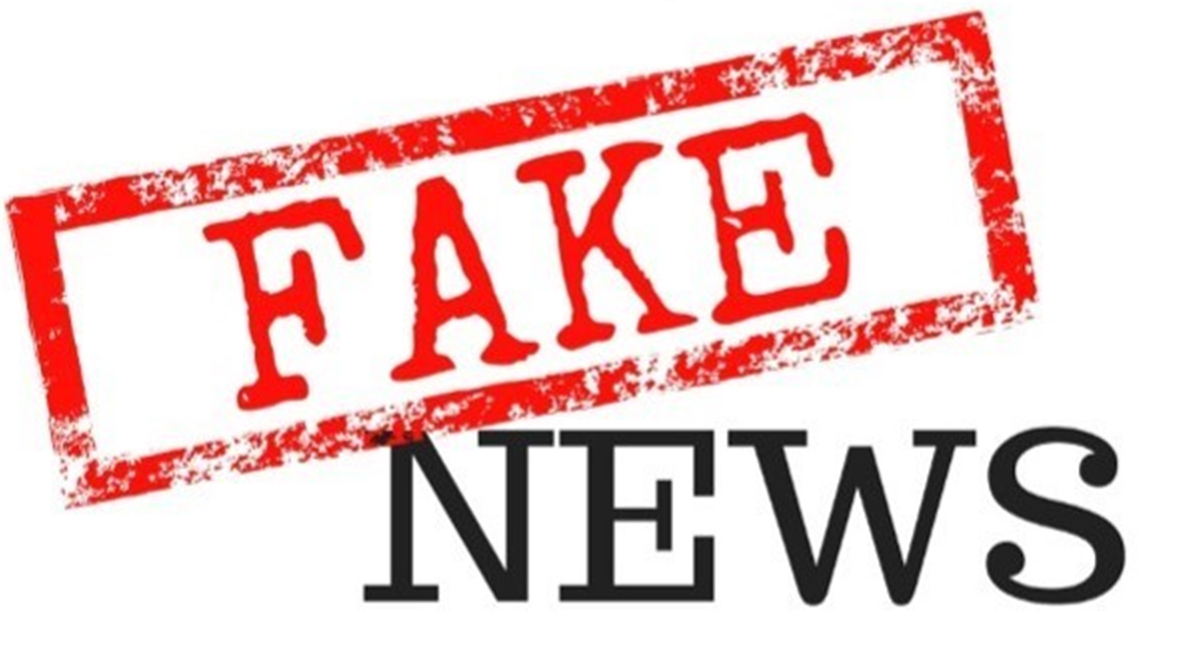aw138915@ohio.edu
When thinking about "diversity" I wrestle with the fact that it has sort of become a buzzword for people to feel comfortable with seeming more inclusive and not actually taking any productive action to improve conditions in their schools, newsrooms, workplaces, etc. As a strategic communication professional, I can understand how it can be easy to tokenize people within your company or newsroom and call that diversity, but that cannot be the way we actually fix underrepresentation. We are tasked with figuring out how to actually bring more people to the table.
The Problem
What many of us fail to realize is that much of the problem with creating more diverse media environments is in how we actually go about it. We often fail to realize that the real problem we face is the structure of the system itself. Instead of real change coming from inclusion of many different types of people, those people are "included" into the same structures that were created by those who had the dominance and power to create them. By simply lumping people into a category of "diversity" nothing is actually disrupted, and therefore no real innovation or creativity is encouraged or produced. The system itself has to be shaken, and even broken.
A Real Solution
We as industry professionals need to realize that by acknowledging the differences between people, we open the door for new perspectives to take our content to levels that it never could have before. When looking at the efforts of the Washington Post and other publications and companies, it is clear we have to become comfortable with thrusting ourselves into uncomfortable conversations. The root of the problem is that we tend to shy away from confronting the real issues and why we are afraid of having those conversations. They can be difficult to navigate and may force us into some tough realizations, but they are necessary for conditions to improve.
As a white woman, I know that so much of my life is experienced differently through the eyes of a black or Latina woman, or a woman who grew up in a different region or type of household than me. These personal experiences breathe life into content and make it richer while avoiding the possibility for blandness or insensitivity. We have seen time and time again how ad campaigns or strategies can fail dramatically when it is obvious that not enough time was spent talking with people who could provide a true viewpoint into a situation.
 |
| Source: tvline.com |
When there are more voices in the conversation, the conversation allows for a more well-rounded outlook, innovation and possibility of a better outcome.
In the world of strategic communication, we are in the business of people. If not enough variety of voices are present, a brand or company simply is not able to connect with a variety of consumers or people outside of the organization. If we make a conscience effort to re-imagine the structure of our workplaces instead of simply checking a box, we not only are better set up for success, but we are able to thrive in an environment that truly supports and encourages the divergence of thought. I look forward to joining those efforts as I begin my career and develop as a young professional.



















